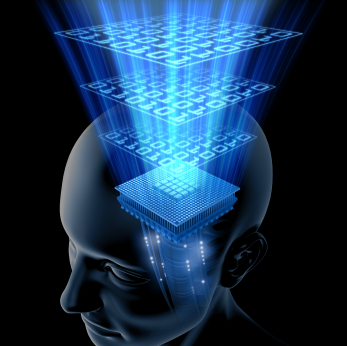Intestinal Toxins

Intestinal toxins are a very common source of body maladies. This is in part due to the terrible diet of most nowadays and in part due to lack of proper function of both the digestive organs and the intestine itself. When food is absorbed into the blood from the intestine, intestinal toxins are absorbed as well. These travel directly to the liver via the digestive venous (vein) system. This can place a great burden on the liver, and though the liver does a wonderful job of detoxifying most of these it can become overwhelmed. If this is the case, these toxins remain in the blood and lymph and can affect many areas. Different intestinal toxins may produce different effects on the body. Some will affect the glands such as the pancreas and thyroid gland. Some affect the heart and arteries and may lead to arteriosclerosis. Others effect the brain and nervous system. One common cause of insomnia is an intestinal toxin. Specific intestinal toxins affect cartilage and joints and may be a component of arthritis pain. A liver that becomes congested due to toxins may affect fluid dynamics and blood pressure. If levels of toxins in the blood become too high they may exit the body via other routes and result in sinus and skin problems for instance. Commonly, intestinal affects are noticed 1 or 2 hours after you eat. A heavy tiredness at this time is the most common complaint. Apparently some toxin effects are also present at night, especially if they are related to parasites.
There are really two sides pertinent to the problem of intestinal toxins in the body that need to be looked at. The first pertains to the types and amounts of toxins that are present in the intestine. The other pertains to how well the toxins are kept out of the body by the intestine. The amount and type of toxins present in the intestine is a function of diet and digestion. If the digestive organs are not functioning well, if digestive enzymes are not being produced as they should be, then the food in the intestines does not become broken down and processed properly. It sits in the intestine and decays and rots and produces poisons. Digestive enzymes are also important because they will kill infectious organisms and parasites and help maintain normal bowel flora all of which, if not handled, can produce nasty intestinal toxins.
The quality of the food that we put into our body is the other main factor with regard to intestinal toxins present. A lot of modern food can be considered enzymatically dead. Enzymes are necessary in order to break down food into forms that can be used by the body. Raw, unprocessed foods have a much higher quality of intrinsic enzymes compared to cooked and processed foods. A food high in enzymes will break down by itself. Because modern foods lack internal enzymes, more digestive enzymes are required. Eventually, a diet high in such fare will exhaust the digestive system so that there are not enough digestive enzymes present to properly digest the amount of these foods that are continually being consumed. If the food fails to break down properly, it breaks down improperly to form toxins and abnormal bowel flora. Over time, this may affect the natural barrier in the bowel lining and substances that ordinarily would be prevented from entering the blood and lymph system are able to pass. Food particles entering that have not been fully processed are a common source of food allergies.
Even if a person’s diet were perfect and all of the digestive organs were functioning at 100% one would still be hard pressed to find an intestine that had no intestinal toxins. Hence, we have to also look at how well the intestine is functioning to keep the intestinal toxins out of the body (while still letting the valuable food and nutrition in). Although it is certainly true that very bad intestinal toxins may over time effect the intestinal lining, and allow toxins to pass into the body, any one of the basic causes of disease may affect the lining of the intestine and intestinal function. These include infection in the intestinal lining, chemicals or heavy metals, low back spinal misalignment with nerve interference, radiation etc. The low back and sacral area are common areas of nerve and physical injury. Often these nerves need special nutrition for healing before the effects of intestinal toxins can be remedied.
I used to work only with the first part involving digestion and toxins being produced in the bowel. Now I know better. Increasing the function of the large intestine is every bit as important. Most of the time when people talk about handling intestinal toxins it consists of a colon cleansing program, mostly lots of fiber (such as psyllium fiber), taking digestive enzymes and probiotics (good intestinal bacteria). These are all good steps and can give a great deal of necessary relief, but doing only these three is an incomplete look.
Taking enzymes, probiotics and psyllium everyday is not the same as properly functioning digestive organs and a proper diet. If the intestine is malfunctioning, you may have intestinal toxins affecting your body even though your digestive organs and bowel flora are within normal limits! The bottom line is that you need to fix your malfunctions and eat properly. Finding the malfunctions and fixing them is what CEMT is all about. Call (260) 459-6160 (Ft. Wayne) or (773) 929-3964 (Chicago), and schedule an appointment today.











